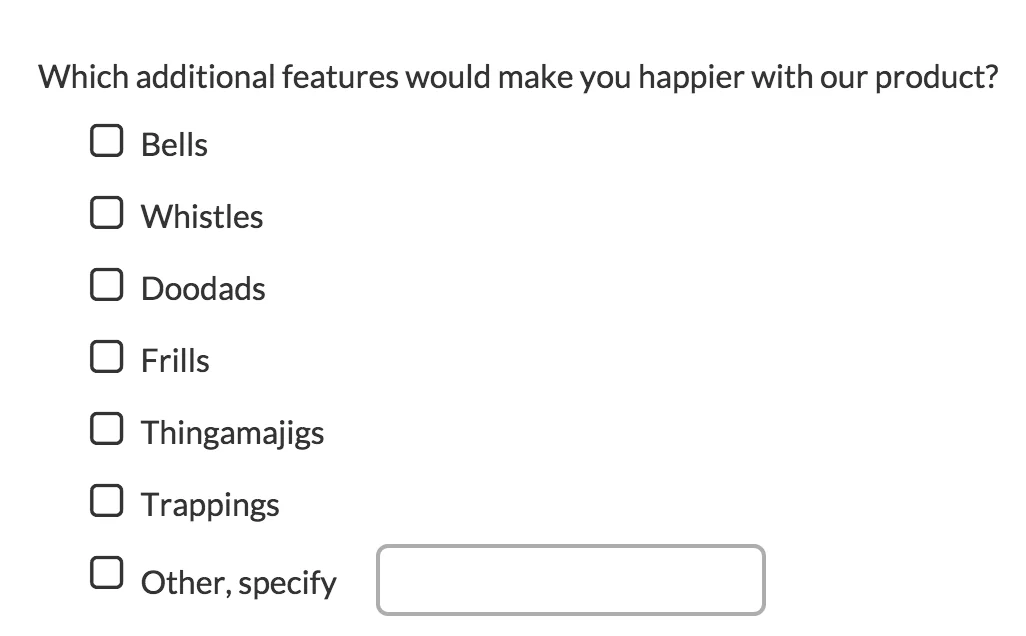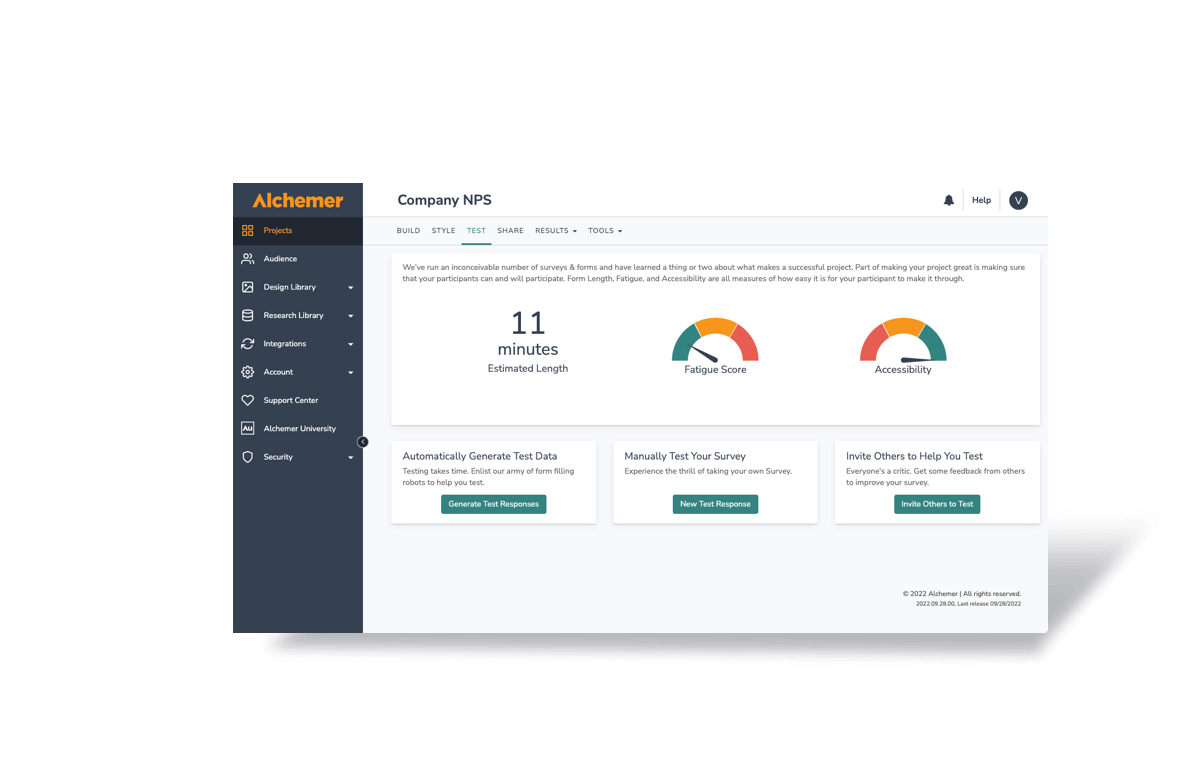What is Text Analysis?
Text analysis is a valuable tool. It quantifies and transforms responses to open text survey questions into actionable insights.
Running a text analysis on survey response data allows researchers to comb through open text responses. They can then group these responses into categories easily. This process enables researchers to build more detailed reports on their data. As a result, they gain more powerful and informative insights. It also improves the communication of their findings.
In a recent article we discussed how it has become best practice to use open text fields and questions sparingly.
Recognize that open text fields and questions can be effective in certain instances. They can yield response data that informs business decisions.
When to Use Text Analysis
Below are some instances in which text analysis can benefit researchers immensely.
While organizing and analyzing customer feedback data.
Over the years, we’ve emphasized the importance of improving customer experience (CX) for organizations. Consistently measuring Net Promoter Scores (NPS) plays a crucial role in this effort.
NPS is the result of asking customers how likely they are to recommend a product and service.
Although this score is useful, a numerical rating alone won’t provide the complete information needed. You need more details to take action that will improve CX on a large scale.
To gain a deeper understanding of how customers feel about your product or service, provide them with an opportunity to write out their feedback. Text analysis then comes in handy to interpret and analyze this feedback.
Including an open text field allows survey respondents to provide detailed feedback and context. Researchers can then run text analysis on these responses to gain extremely granular insights. This approach helps identify trends in customer experiences.
Use “other, specify” question types when needed
Design your survey questions well to ensure an appropriate response for each survey taker in all required questions.
You often need an “other-specify” open text field to achieve this. This is the option that they will choose if none of the other answer options apply to them. The “other, specify” option allows respondents to provide contextual explanations. They can explain why the provided options did not apply to them.
In the example below, the survey question asks what additional features would make customers more satisfied with a product. The survey designer included an “other, specify” textbox. This allows respondents to provide additional features beyond the ones listed in the existing answer options.
The researcher can easily summarize and report on responses using text analysis of the “other, specify” textbox.
This strategy allows researchers to continuously enhance the effectiveness of their ongoing surveys. It also helps them gather data that might otherwise remain undiscovered.
What Survey Question Types Are Compatible with Text Analysis?
All open text fields in Alchemer surveys are available for bucketing in our Open Text Analysis tool.
The following survey question types are compatible with text analysis:
- Textbox
- Essay
- Textbox List
- Questions with Other Textboxes
- Textbox Grid
- File Upload
- Textbox and Essay questions in Custom Groups, Contact Forms, and Customer Tables
- Question Comments
To learn how to navigate open text analysis, bucket responses, and report on findings in Alchemer, check out our documentation on open text analysis.





